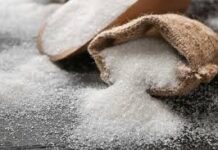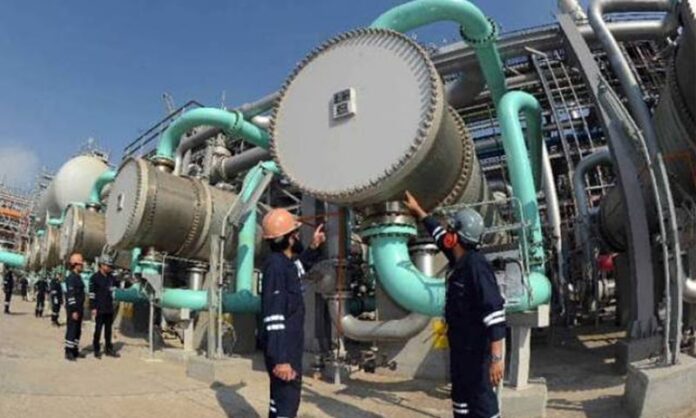ISLAMABAD: The Competition Commission of Pakistan (CCP) has prepared a draft competition assessment study of the Liquefied Petroleum Gas (LPG) sector in Pakistan with solid recommendations for the government to introduce policy reforms, remove regulatory barriers, and put in place a competitive LPG pricing framework to create a level playing field and promote competition in the sector.
On Wednesday, the commission announced that it seeks public comments on the draft — already published on the CPP website — within 30 days.
Competition assessment of the LPG sector shows various barriers to entry and expansion that restrict/reduce and distort competition in the sector at various levels. These highlighted natural barriers include high capital costs and financial requirements in the upstream LPG production and extraction, along with illiquid market and seasonal fluctuations in LPG demand. The regulatory barriers pointed out are said to arise due to certain contradictory clauses in the LPG Policy, 2016.
“Under Section 3.4.3 of the LPG Policy, public sector companies will import LPG to meet the domestic demand as per the quantity decided by the federal government, whereas section 3.5.1 of the same policy contradicts this section by allowing any party having valid OGRA marketing license to import LPG,” the CPP noted. “Since there is no petroleum levy and there is lower GST on LPG import, the private sector finds it profitable to import LPG without the need/demand assessment.”
Additionally, the study revealed, the gains of importers – in the form of a better imported LPG price – are not passed on to the end consumer, as the marketing companies match the indigenous LPG price.
The study recommended the government to remove the above ambiguity by undertaking a proper assessment of demand in consultation with the private sector and the sector regulator. It also suggested rationalising the GST and import duties on LPG.
Strategic and other barriers include substandard LPG import through land route, under-invoicing, use of hundi and hawala system in LPG import through land route, no LPG quality testing lab for land imports, issues of decanting and cross filling, use of substandard cylinders, illegal use of LPG in public service vehicles (PSVs) and anti-competitive and illegal business practices carried out by LPG dealers.
Based on the data analysis through questionnaires, industry reports, international best practices, and meetings with relevant stakeholders, the study suggested the removal of regulatory barriers created by contradictory clauses 3.4.3 and 3.5.1, amendment in section 3.6.9 in the LPG Policy, and amendment in Public Procurement Rules, 2004, for ease in importing LPG by public sector companies.
Moreover, it recommended a competitive LPG pricing framework for both indigenous and imported LPG to create a level playing field, and the monitoring of land imports to prohibit black economy and the import of substandard LPG.
Other key recommendations included the establishment of a quality lab for testing of LPG through the land route, stringent qualification criteria for awarding LPG marketing license, prohibition and strict penalty for illegal activities of cross filling and decanting, monitoring of LPG dealers by OGRA or any third party nominated by OGRA.

























